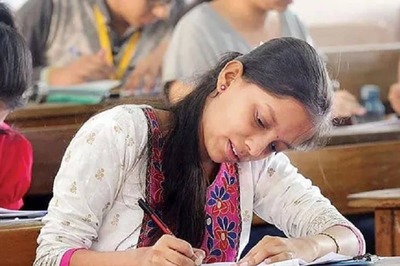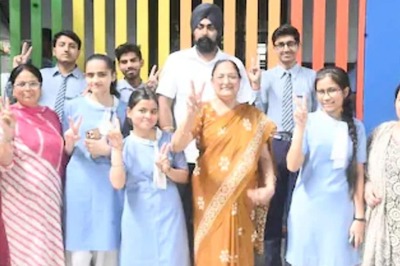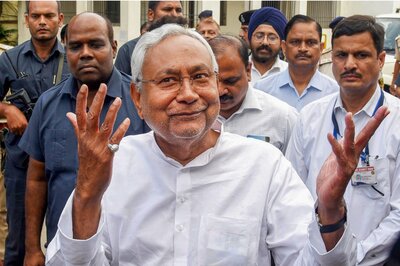
views
New Delhi: The World Bank on Friday attributed high inflation in India to supply bottlenecks, and assured support to the country to improve agriculture productivity, which will go a long way to stabilise food prices.
"My own sense in the case of the Indian economy is that some of the inflationary pressures are more likely a function of some of the bottleneck on the supply side than they are from the demand side," World Bank President Robert B Zoellick said at a joint press conference with Indian Finance Minister Pranab Mukherjee.
Expensive food items pushed overall wholesale price inflation to 8.43 per cent in December from 7.48 per cent in the previous month.
Zoellick further said the World Bank would try to help India to overcome obstacles to improve agricultural productivity and production.
"This will be very key priority over the next three years," he added.
He said that World Bank is ready to be a partner to help India by sharing the institution's development knowledge and expertise, adding that it is ready to share India's development expertise to other countries, which in itself makes India a true global player.
After a meeting with Zoellick, Mukherjee said India see an increased role for the World Bank in recycling global savings to developing countries and emerging markets as one of the approaches to resolve global imbalances.
The two leaders also discussed global economic situation, rise in commodity prices worldwide, unemployment in advance economies, inflationary conditions in emerging economies and India's increasing in the global affairs, including G20.
Praising India's "prudent" handling of the fallout of the global crisis, Zoellick said New Delhi is addressing how economic growth can be used to overcome poverty and meet the growing aspirations of its people.
The World Bank President said that during his meetings with policy makers and government officials he learnt how India was accelerating its response to these development challenges.
"The Bank is pleased to support the governments efforts not just with finance, but by offering the development experience and technical knowledge the World Bank has gained around the world," he said.
Zoellick also called on Prime Minister Manmohan Singh to learn more about how India is sustaining high growth while simultaneously striving to ensure that the most vulnerable people avail the opportunities afforded by increased growth.
To a query on level of utilisation of World Bank assistance, Mukherjee said though he was not fully satisfied but efforts were on to increase utilisation of the funds.
"I am not fully satisfied. But surely myself and my colleagues are trying to see that the rate of utilisation is very high and there has been a steady progress in the rate of utilisation," he said.
He said the Centre was encouraging the implementing agencies for effective utilisation of the World Bank assistance.
At the end of June 30, 2010, the World Bank group had 75 active projects in the country. The net commitment for these projects was about $21.4 billion. New lending in financial year 2009-10 (1 July 2009- 30 June 2010) amounted to $9.3 billion.
India joined the World Bank at its inception in 1944.




















Comments
0 comment